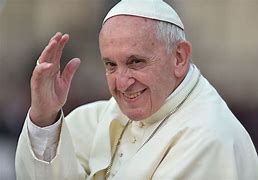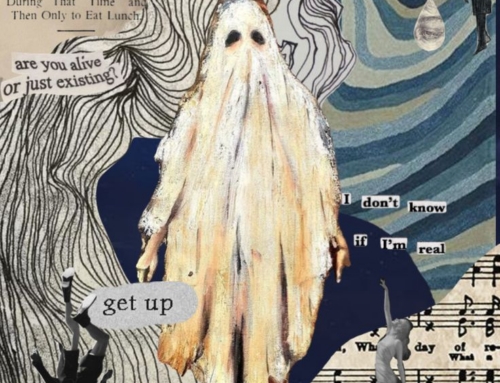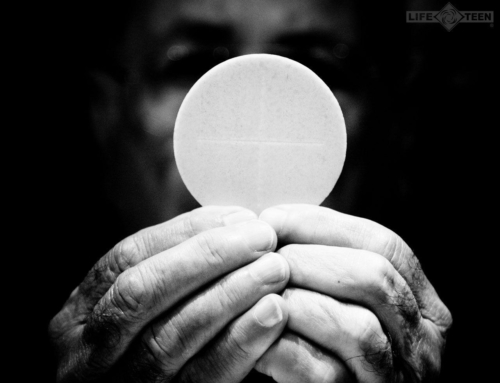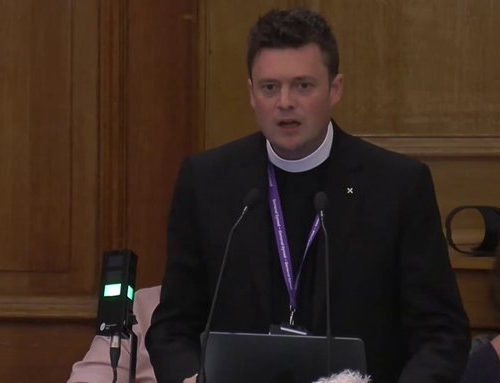I’m not concerned now, after more than ten years of a messy papacy, to “explain” Pope Francis. I am, however, interested in trying to understand his point of view.
I think one of the ways to make sense of his opinions is that he is from Argentina and from an Italian immigrant family to Argentina. He is therefore working from a context in which it is assumed that everyone is Catholic. These are Catholic countries in which, historically, the majority of the population are baptized and at least partially catechized.
Therefore Pope Francis does not see the need for evangelization as such. Instead, the church’s mission is primarily to win back and welcome the lost sheep–to be a Father to the prodigal sons. This underlying context is likely the nexus in which his particular opinions about soteriology have their origins. Who is saved? Why, everyone I know is baptized! This is a Catholic country. Surely everyone is saved. All we need to do is welcome them back. Are many of them sinners? Of course we’re all sinners, but they too are God’s children. We just need to welcome them. Get them to return to the sacraments. Bless them. Embrace them. Make them feel loved. THIS is evangelization.
The problem is, many Catholics have a much more exclusive view of the church. Many Catholics see the church as the ark of salvation and most people are not actually on board. They are welcome, to be sure, but welcome to enter the narrow gate, to repent and believe the gospel–to give up everything to be baptized and come into the church. For these people Pope Francis’ broad church approach seems to be blessing sin, turning a blind eye to sin and excusing (and therefore condoning) sinful behavior.
If I am right about this, then Francis’ provincialism exacerbates the problem. He is a global leader who hasn’t travelled much and seems unable to perceive many of the wider issues and concerns in the church. That he has surrounded himself with fellow Argentinians like Cardinal Fernandez–(and seems suspicious and dismissive of others in the global church) does not help.
No doubt the other factor in Francis’ view of salvation is universalism or at least semi-universalism. His statements about “wishing hell is empty” or opinions that sound like annihilationism (that the unredeemed cease to exist after death rather than going to hell) point to a theological opinion that all will eventually be saved.
While these opinions may be disturbing for the faithful, one of the good things about the present pope is that, from the beginning, he has stepped away from a monarchical, dogmatic papacy–stressing that he is NOT a dogmatic type of pope. More pastoral. As a result we can listen carefully to his opinions, compare them to the magisterium and the sacred Scriptures and judge them accordingly–as we should the theological opinions of all teachers.







In your ending you state “from the beginning, he has stepped away from a monarchical, dogmatic papacy–stressing that he is NOT a dogmatic type of pope. More pastoral”.
I do agree he says he is pastoral and has shown signs of this at times but he seems to be very opposed to anyone who disagrees with him, even Cardinals who have a responsibility to converse with the pope especially where they have questions or disagreements.
I look at the cardinals, bishops and priest who have have been cancelled by him for talking about the teachings of the Church and I am sad for our Church; especially when I see other clergy who are speaking or acting against the Church teachings being accepted or rewarded for their actions.
His statements, actions, documents are mostly confusing (many times they contain a lot of good points but have statements within which cause concern).
He also goes against several previous pope’s infallible teachings which are a part of the Church’s tradition – he seems to have many of the attributes of a Modernist which was condemned by Pope Pius X.
As mentioned earlier I am sad about the state of our Church and pray daily for us to be saved. Wish we had a Latin Mass or a church which celebrates mass the way you do in your parish within reasonable driving distance for us.
Thank you for your article, good food for thought. I read a lot of books, article, etc. (including yours) to help me understand and follow our faith especially since our current pope is very confusing which does sending me digging to be sure I understand what is the correct belief; very grateful for access to writings of the church fathers and doctors of the church.
I think all sincere Catholics want to trust and follow the Pope, the successor of St Peter who was given authority from Jesus Christ, the Living Son of God.
Not all 260 plus Popes have been great leaders and yet the Church survives because Christ also said the gates of Hell shall not prevail. Sadly, however many may have been harmed in such tribulations.
I, for one, see the need for ‘pastoral care’ while adhering to dogma taught since Christ and Peter. For me, however, ‘pastoral care’ MUST be consistent with dogma. When a Pope pursures pastoral care that seems to be against dogma, that Pope needs to do a much better job in relating pastoral care to dogma. At a minimum he should provide more references to the Bible and allow for more discussion with his Cardinals and Bishops who voice concerns that pastoral care is slipping away from Dogma.
I appreciate your understanding on this Father. From my limited perspective, my take on this is that I just realized last night that for the first time, in my life, that the Catholic Church is (I think) officially split. I don’t know what the African’s “Fiducia Supplicans'” says but I know that its not the same as the one the rest of us have. If our church blesses sin – which it can’t, but part of it now can – then the sinner remains in their sin and the persons who allowed this to happen must be sick, or they are simply just not Catholic anymore.